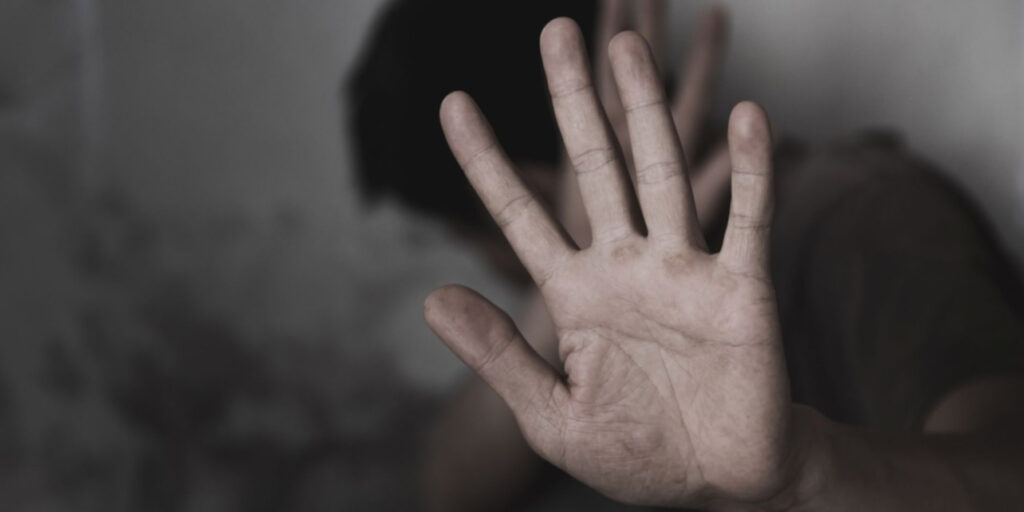For 15 years, the UK government has categorized crimes against male survivors of abuse—such as domestic violence, rape, stalking, and so-called honor-based violence—under the broader umbrella of “violence against women and girls.” Male survivors and charities are now urging for change, stating that this classification leaves men feeling invisible and unsupported.
Duncan Craig OBE, founder of the charity We Are Survivors, emphasized the emotional toll this policy takes on male survivors. “Male victims can often feel ignored and negated because we’re not even listed. Recognition is vital for us to feel seen and valued,” Craig explained. “We know from the women and girls strategy how much difference being seen can make. Male survivors want to be seen too.”
Research Highlights Lack of Support for Male Survivors
A study conducted by the University of Central Lancashire underscores the issue, revealing that:
• 88% of male survivors believe the government does not care about them.
• 89% report that the current policy makes accessing help more difficult.
• 90% feel invisible due to the lack of targeted support.
Government Response to Criticism
A government spokesperson defended the terminology, stating: “The term ‘violence against women and girls’ refers to acts of violence or abuse that disproportionately affect women and girls. However, men and boys can also be victims of these crimes, and many of the measures we’ve introduced apply equally to them. These include Domestic Abuse Protection Orders, strengthened anti-stalking powers, and embedding domestic abuse specialists in 999 control rooms.”
Critics argue that such measures fail to address the unique challenges male survivors face in seeking recognition and support.
A Survivor’s Story: Rob Parkes
Rob Parkes, 45, from Milton Keynes, endured years of abuse during his marriage to Victoria Breeden, who was later convicted of soliciting his murder.
“She controlled my life to the point where I was completely isolated from my friends and family,” Parkes shared. After gaining custody of his daughter, he uncovered evidence of Breeden’s attempts to arrange his murder. “She served time in prison, but under the current system, my case would still be classified as violence against women.”
Parkes emphasized the cultural bias that assumes men are perpetrators rather than victims, adding, “There’s no classification for male victims—it’s treated as a footnote.”
Calls for Change
Male survivors and advocates are urging the government to adopt a more inclusive approach that acknowledges the unique experiences of male victims. They argue that recognition is not only essential for accessing support but also for challenging harmful stereotypes about male vulnerability and victimhood.


